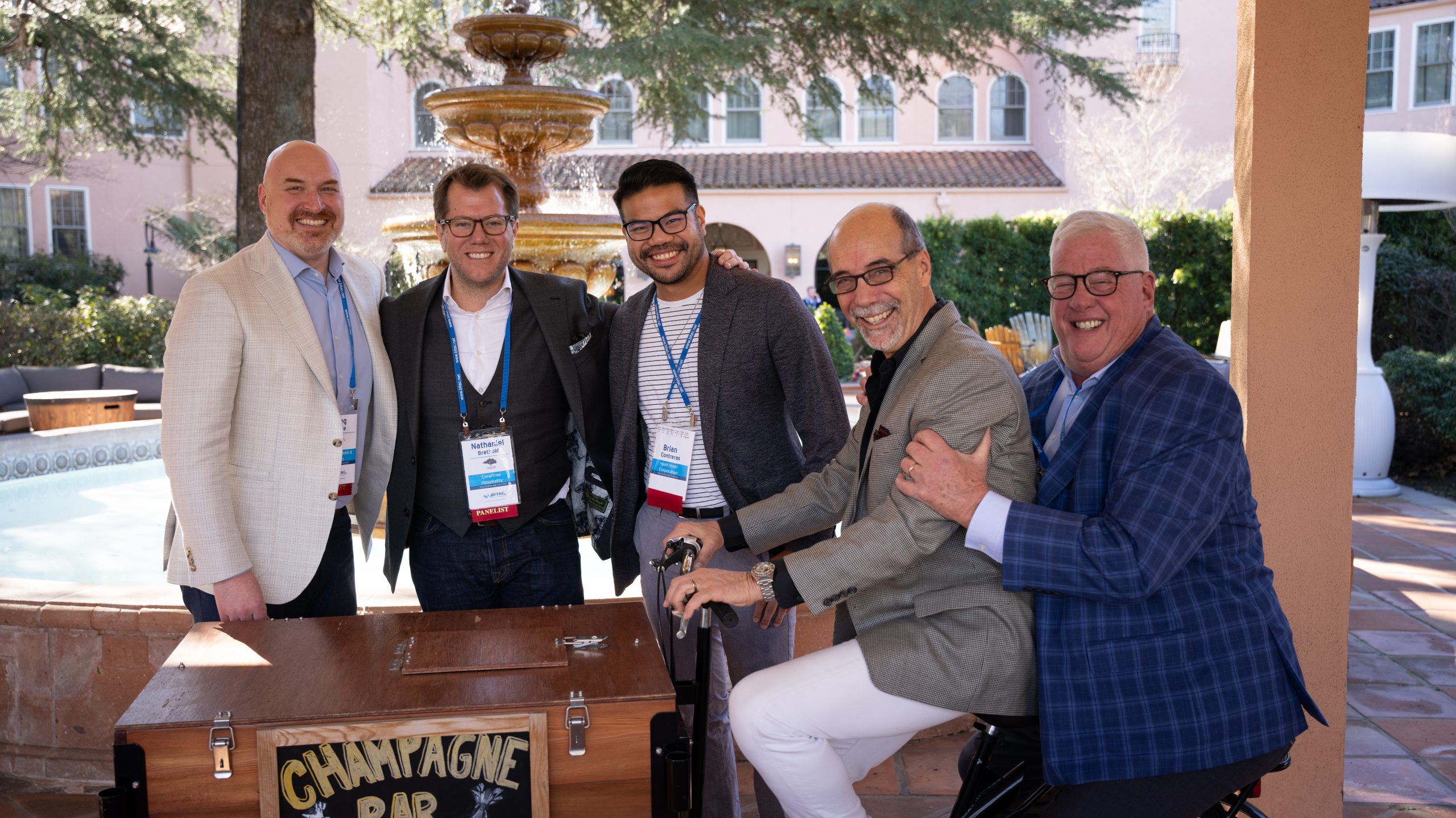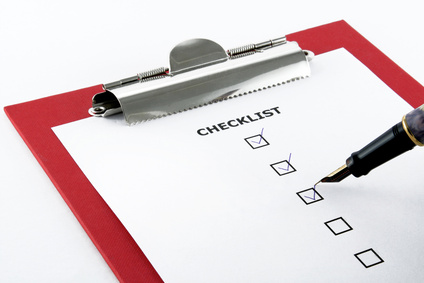Restoring Group Confidence
By Larry Mogelonsky | September 9, 2020
The stats from the summer of COVID show on a very broad level that leisure can be quite nimble to a staged reopening of hotels and borders. Groups and corporate guests are still a huge question mark, and many properties will need a strong answer in the next couple months if they are to restore confidence in these segments to thereby re-establish healthy midweek occupancies and profitability.
Before you consider your own brand’s need, put yourself in the shoes of your corporate or group clients. Anyone involved in authorizing a room block reservation understands the need for in-person events, but there is still too much risk to warrant signing a contract. As many large-scale gatherings have now been traced back to be ‘super-spreader events,’ just imagine, for instance, that you are a couple hosting your wedding and upwards of a quarter of your guests end up testing positive within 14 days after the wedding. This isn’t something anyone wants on their conscience.
Take this a step further, though, where corporate executives have a duty of care to protect their teams from harm. In such cases, not only would an employee contracting the virus while traveling to an event for work represent a moral and reputational blow for the company, but it may also turn into a lawsuit, which can multiply quickly if the employee infects other employees after returning from a business trip. This is basic risk management, and hotels must do their part of satisfy all companies’ concerns.
So, ask about whether you’ve done enough to deliver a guarantee of viral safety to any group or corporate guest that graces your halls? That is, can you promise with absolute certainty that all your new precautionary measures have been followed correctly? To verify that a space is clean and therefore safe, what groups need are technologies to audit, enforce and display compliance.
And this can only be solved through the deployment of new technologies that may include hardware and software to track a hotel team’s adherence to the required specifications of what areas were cleaned, for how long, with what equipment and how often. Our teams must stay lean in order to maintain a feasible budget, so data and automation are essential to supervise all these touchpoints.
This thought about consideration is also being reflected in Internet travel search and aggregate services, with new features that motivate guests who prioritize cleanliness and sanitization above price or onsite amenities. Prominently to this end, TripAdvisor has recently launched a filter for users to narrow hotel queries by the safety measures that have been put in place, along with validation as part of the review process. Expect similar features to be unveiled for the OTAs and other meta search websites.
What this means for groups is that if you aren’t keeping pace with the current guidelines – and enforcing them – your property may be out of the running well before a decision is to be made on where to book and host the event. For instance, a travel planner may cross-reference any hotel bid against the TripAdvisor safety filter to check not only for the property’s level of compliance but what past guests have noted. Any cited errors may generate skepticism and thus jeopardize the negotiation.
But this also can be a worthy method to protect average daily rate because, in today’s spooked travel climate, groups will be inclined to pay more for a ‘verified clean’ hotel. The only way to truly deliver on an onerous guarantee of this nature is to deploy various technologies to support – as well as audit – your housekeeping services. Especially as our teams will have to stay lean for quite some time moving forward, you can’t simply have room inspectors and supervisors monitoring every staffer in a one-to-one ratio akin to some Big Brother environment; you have to let technology automate as much of the blocking and tackling as possible.






Get involved!
Comments